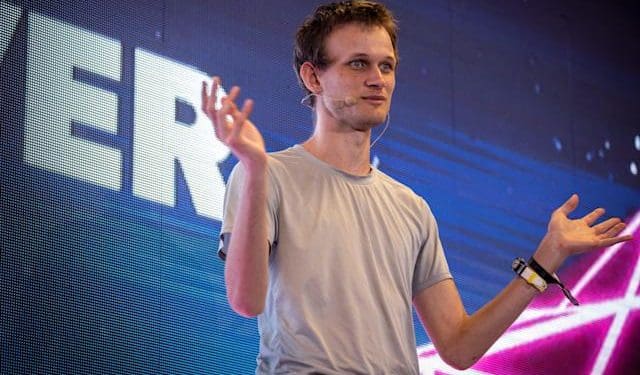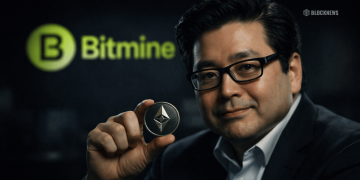Vitalik Buterin, co-founder of Ethereum, has recently expressed support for the new governance structure by Optimism. He mentioned that the idea to use the OP token for gas fees show “explicit representation of non-token-holder interests.”
Ethereum 2 deployed the initial rounding of its much-anticipated OP token airdrop earlier this week as part of its new governance project that they dubbed the “Optimism Collective.”
Optimism’s governance structure involves two parties being called the “Token House” and the “Citizens’ House.” Token House is made up of OP governance token holders and Citizens’ House consists of something they’re calling “soul-bound” non-transferrable citizenship NFT holders.
It is currently unconfirmed is Vitalik is completely on board with the proposed idea to utilize the OP governance token for gas fees. He did express on Twitter earlier this week that he is just happy that such a conversation is happening.
“This is a great example of why I’m so proud of @optimismPBC for adding non-token governance (the Citizen House).
Optimism explicitly has goals *other* than just “make OP go up”, and the only way to do that long-term is with explicit representation of non-token-holder interests.”
— vitalik.eth (@VitalikButerin) June 3, 2022
The two parties mostly oversee different objectives with the Token House tasked with project incentives, protocol upgrades and treasury funds, while the Citizens’ House is focused on retroactive public goods funding.
Both share governance decisions on Network boundaries and the decisions on granting new citizenships to the Citizens’ House. Vitalik seemed to appreciate this.
According to Optimism, the number of citizens in the Citizens’ House will grow over time, and the “mechanism for distributing Citizenships will be determined by the Foundation with input from the Token House.”
Multiple times in the past, the co-founder has shared his thoughts that the crypto sectors must “move beyond coin voting” in Defi or decentralized governance (DeGov) as it holds the risks of having whale type governance token holders dominate voting processes. He believes this can lead to a short-term focus of the whales approving proposals that intent to pump the price of certain assets.
The method of coin voting can mean that token holders who don’t hold very much will have close to no say in governance as opposed to whales, which can result in a very uneven climate of interests.
The OP gas fee proposal overall sentiment appears mixed among the community.
While many offered short and sharp comments of agreement, generally noting that it would give OP more utility, numerous others took the time to clearly outline why they were against the idea.
One member, Kethic, stated, “I don’t think this is a good idea. Burning voting power on a governance structure feels counter productive,” while user Vrede stated:
“Optimism is EVM equivalent. Accepting OP tokens as gas means giving up on EVM equivalence. Moreover, Optimism has to pay fees to Ethereum Mainnet in ETH. How will the OPETH conversion be handled?”
User Massedai said that “this is a premature change to a system that hasn’t started to function yet the way Optimism intended,” suggesting that the project is looking to provide token value via “ecosystem profitability and not quick moves to try and pump a token.”














